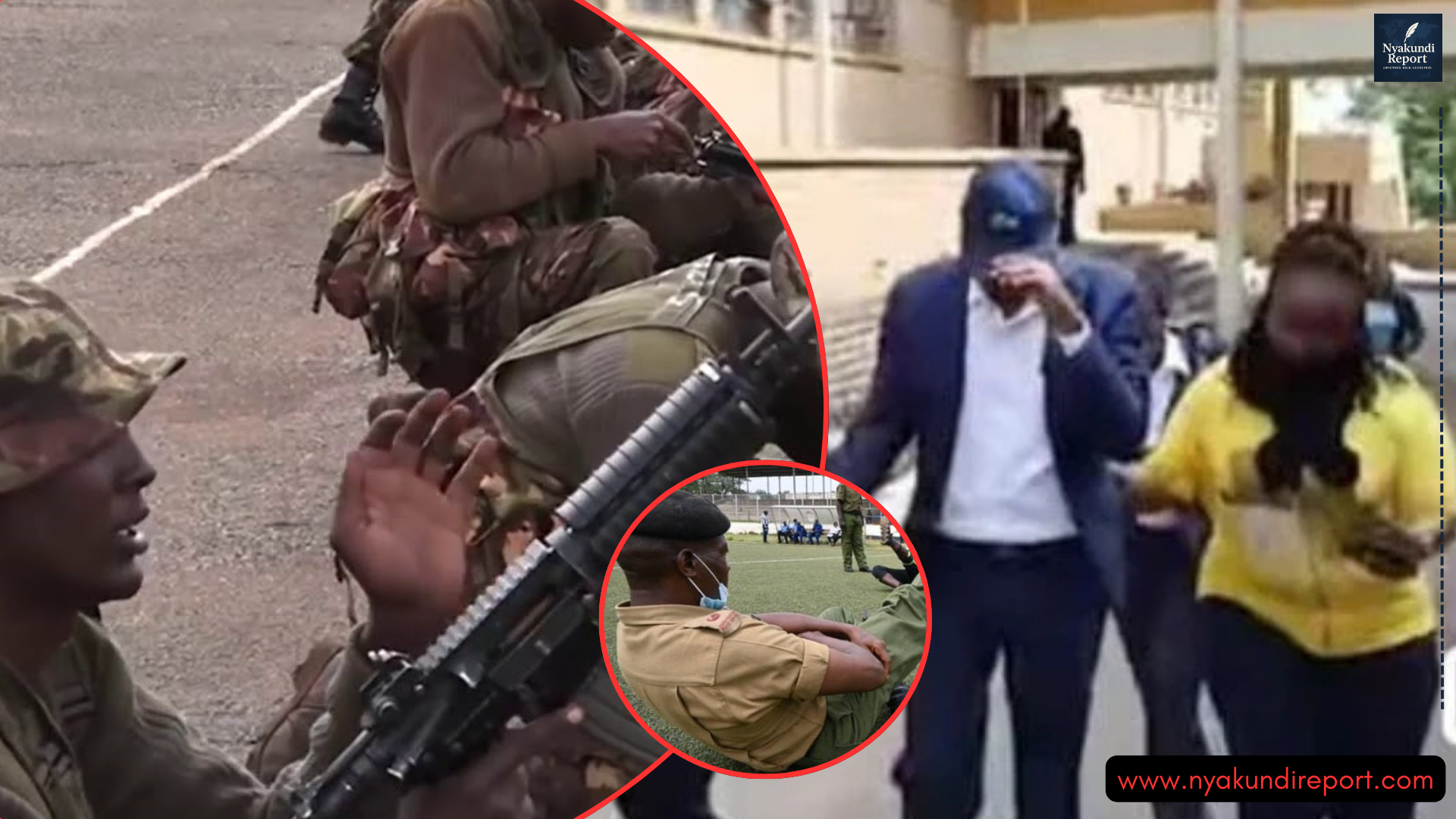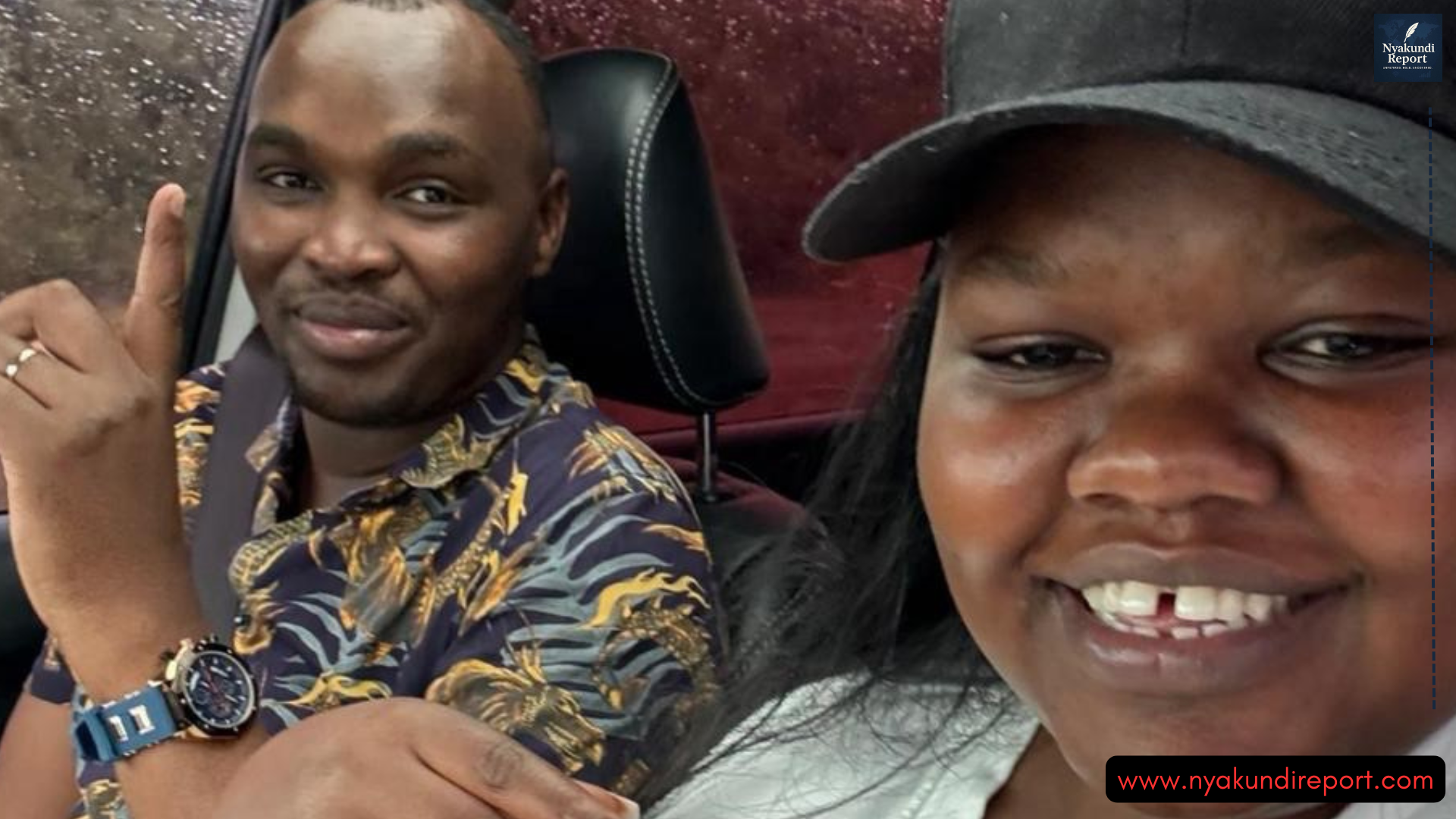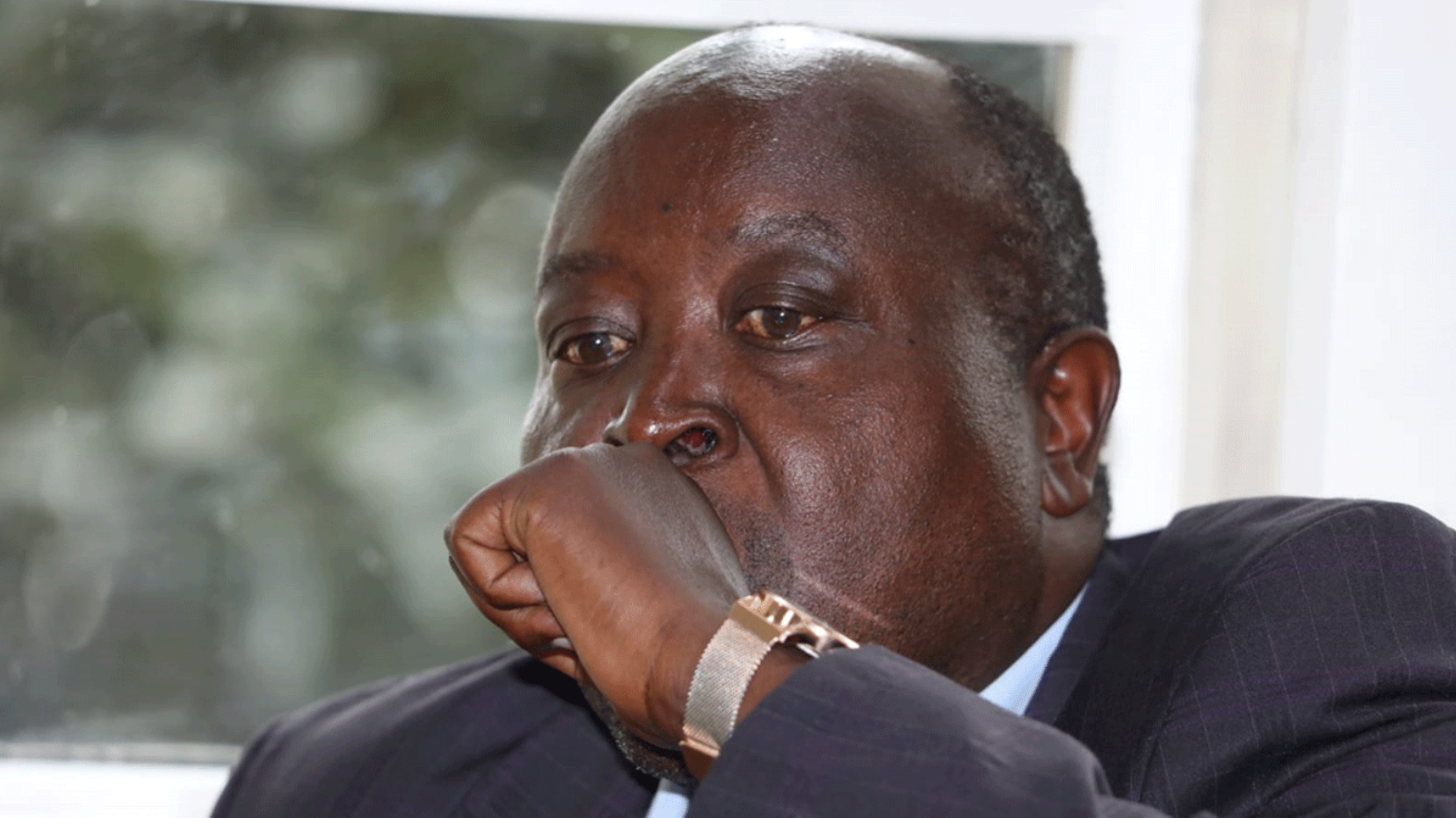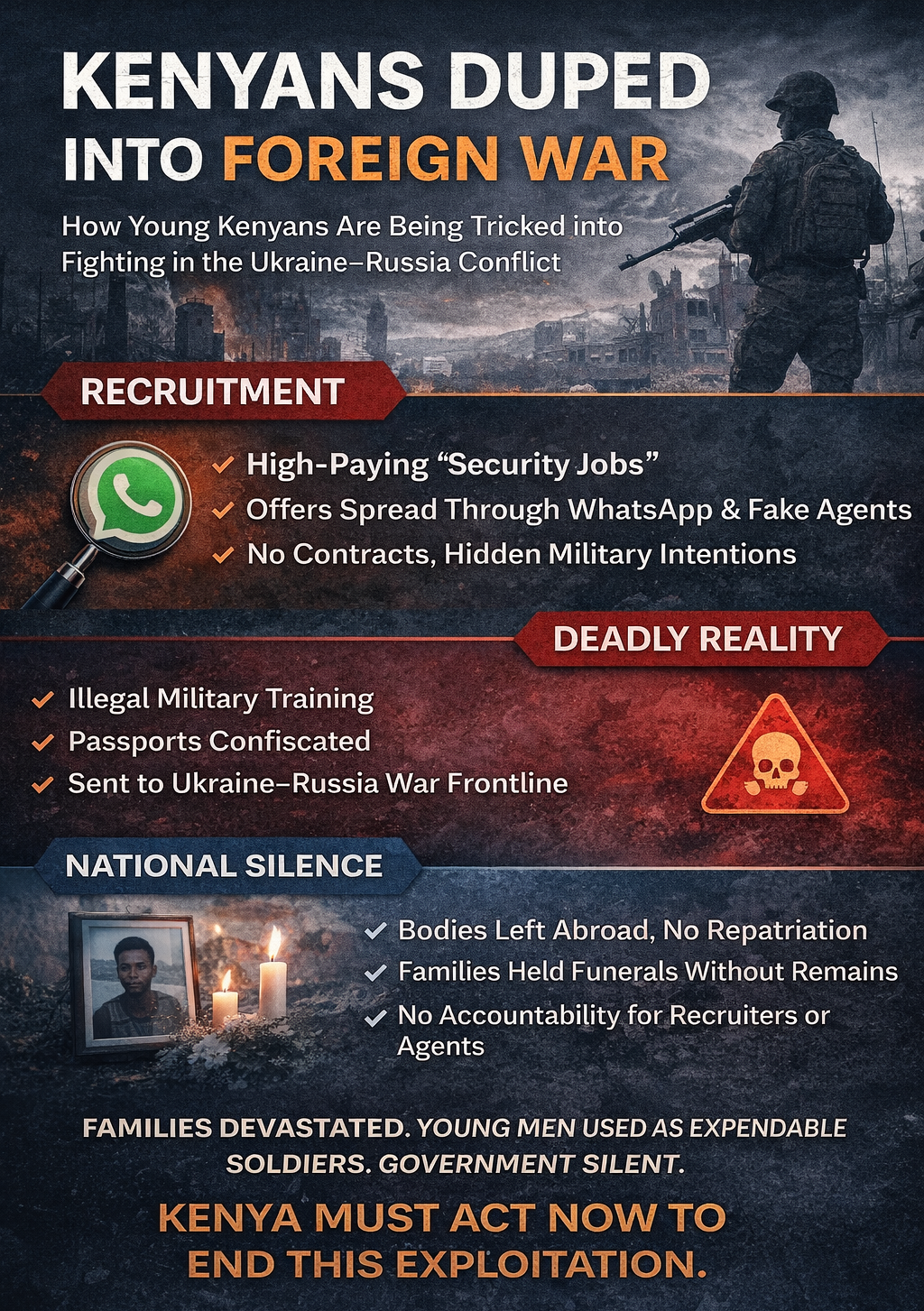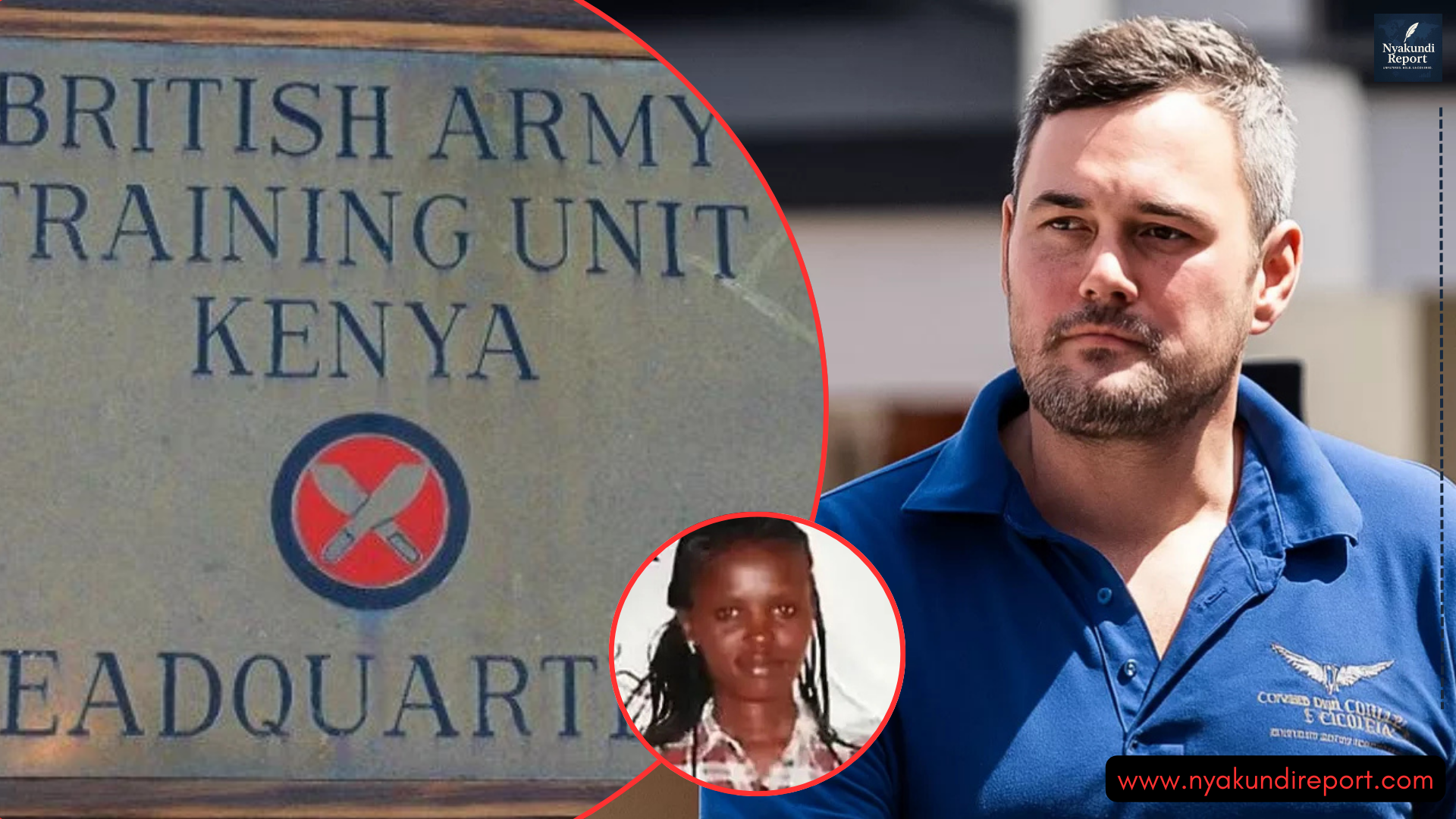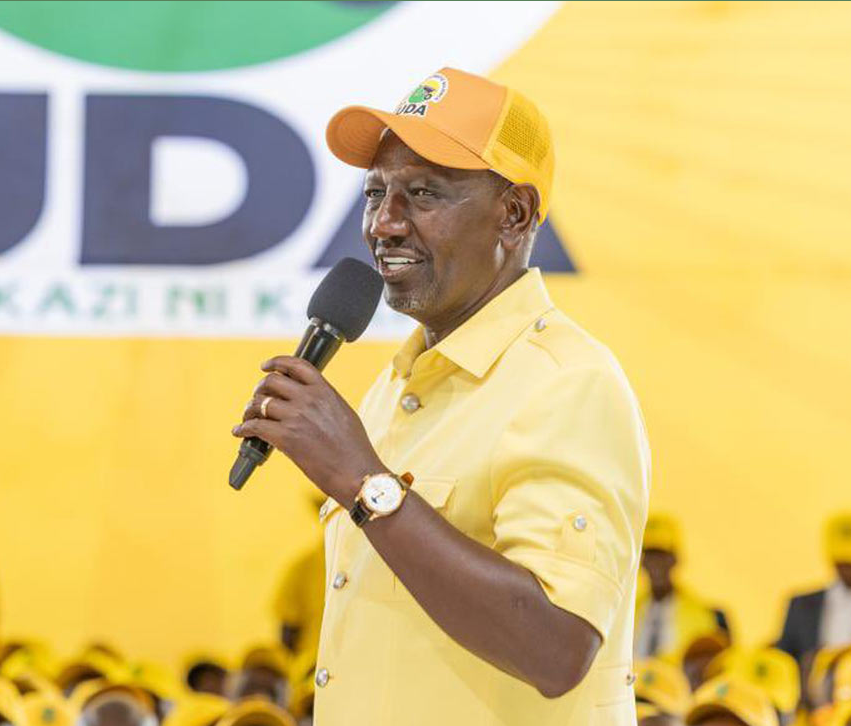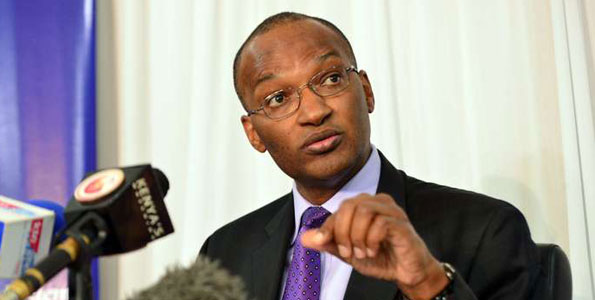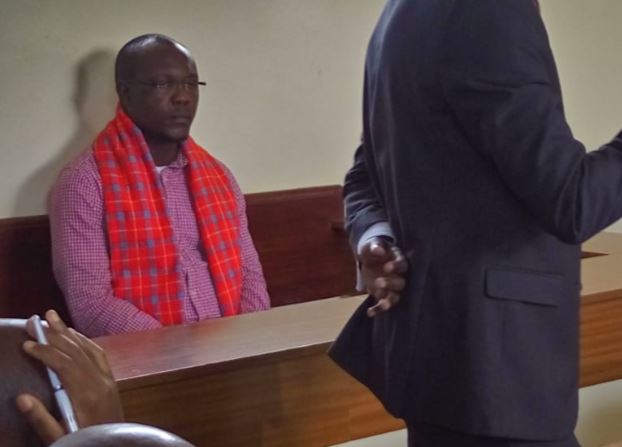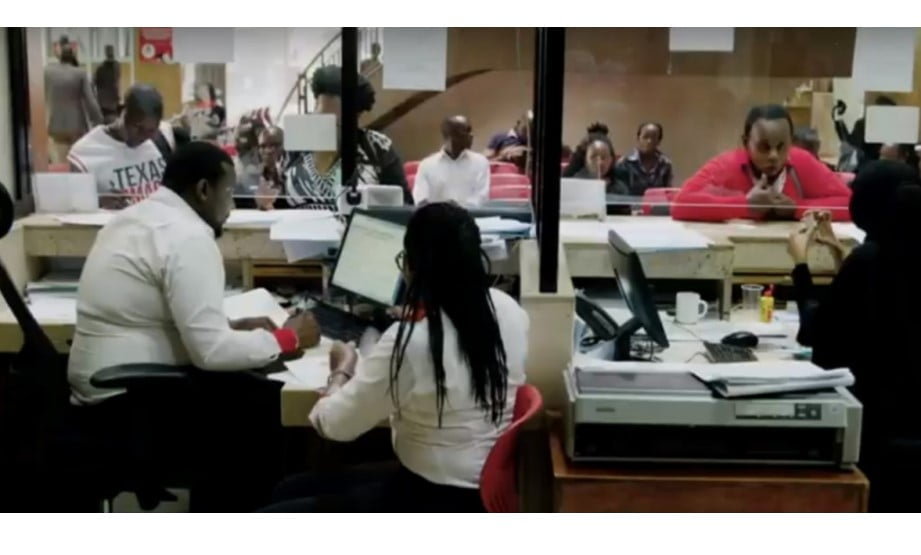NAIROBI, Kenya — President William Ruto on Wednesday gave a stern directive that has shocked the nation and ignited heated debate.
In a bold statement during the launch of the Police Housing Project at Kilimani Police Station, Ruto ordered security officers to shoot anyone caught attacking police stations or businesses during protests.
He emphasized that force must be used “selectively”—but ”warned that anyone storming private property or state institutions should be shot in the leg and taken to court afterward.
The statement comes amid a surge in youth-led protests and growing anger over state brutality.
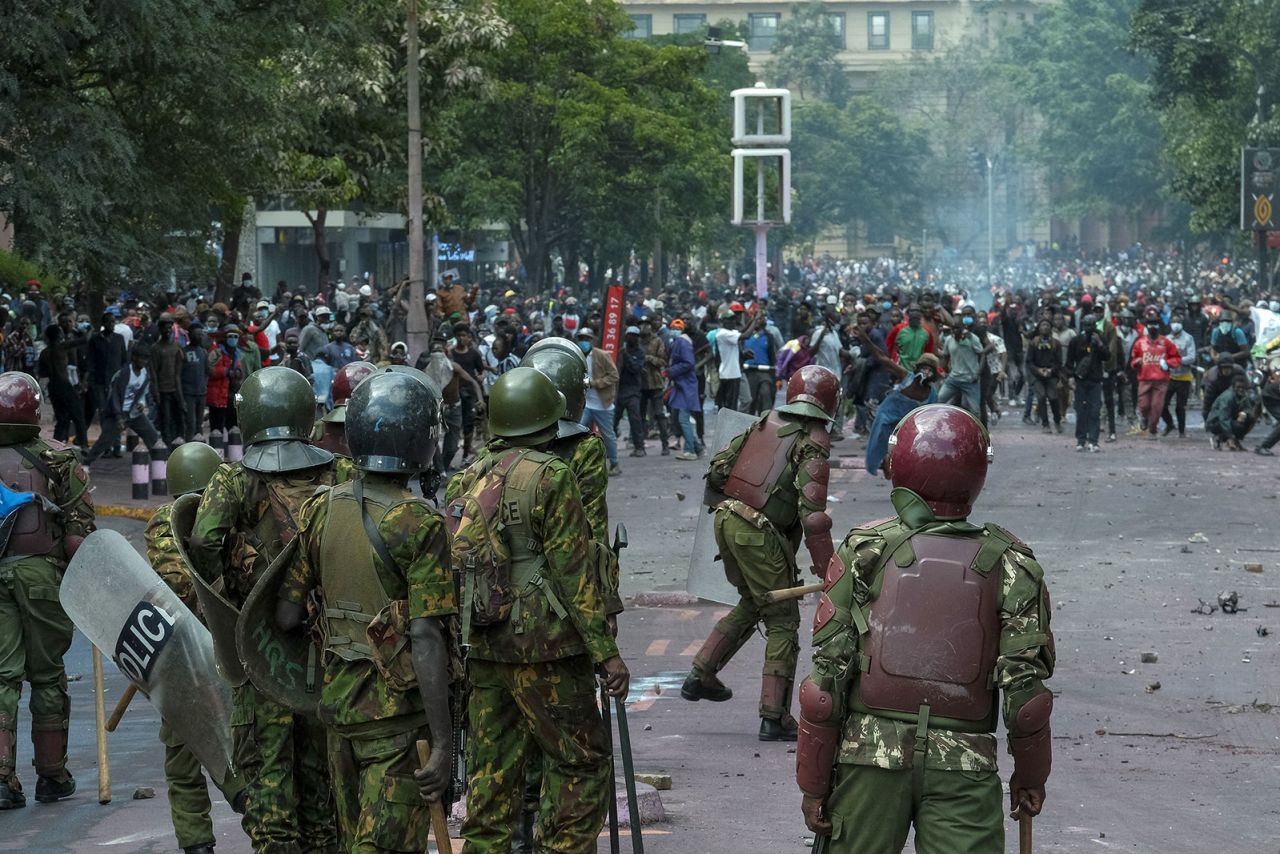
Ruto Issues Orders to Shoot Goons as Protests Escalate Nationwide
The president’s remarks mark a new, dangerous chapter in Kenya’s response to civil unrest. While addressing officers in Nairobi, Ruto stated clearly, “Anyone deciding to storm a person’s business or a police station should be shot in the leg. Thereafter, they can go to court and see what follows next.”
Visibly frustrated, Ruto lashed out at unnamed political actors he accused of sponsoring the ongoing nationwide protests. “I have been quiet, and I have tolerated these people who want to change the government using unconstitutional means—but enough is enough,” he declared.
Ruto warned that the violence witnessed in recent weeks—including destruction of police posts, looting of public property, and organized attacks—amounted to war. He added, “Anyone attacking our police officers, police stations, or installations is effectively declaring war. We will not tolerate it.”
As he spoke, Kenya was reeling from the aftermath of the Saba Saba Protests, where 31 people reportedly lost their lives, according to the Kenya National Commission on Human Rights (KNCHR). With anger in the streets and tensions high, Ruto’s comments triggered fresh concern about the excessive use of force and growing disregard for due process.
Human Rights Concerns Grow After Saba Saba Day Protests
The timing of the president’s directive raises questions about the state’s commitment to protecting basic rights. On Tuesday, KNCHR Vice Chairperson Dr. Raymond Nyeris confirmed that 31 Kenyans had died as of 7 p.m. Monday, July 7—mostly youth participating in the protests.
Civil rights groups immediately condemned Ruto’s shoot-to-disable orders, saying they provide dangerous room for abuse by rogue officers. “This is how impunity takes root. You don’t tell officers to shoot citizens, then ask the law to clean it up after,” one rights defender told the Nyakundi Report.
Legal experts argue that while the state has the mandate to maintain law and order, the use of live ammunition—even if aimed at the leg—violates basic tenets of human rights and international policing standards. The Constitution guarantees the right to life and protection from torture or cruel treatment. Shooting a suspect, even one committing a crime, bypasses due process.
The Kenya Medical Association also raised alarms, saying shooting someone in the leg is not a safe or non-lethal option. “There are major arteries in the leg. Such an injury could lead to death or permanent disability,” said one trauma surgeon from Kenyatta Hospital.
Ruto Accuses Opponents of Tribalism and Destabilisation
The President didn’t stop at security orders. He went further to accuse his critics of pushing a tribal agenda meant to weaken his administration. “Moi, Kibaki, and Uhuru Kenyatta were all presidents before me. So what’s all the fuss about?” Ruto asked. “Why are all these problems being brought to me? Why didn’t Kibaki and Uhuru get this kind of treatment?”
In his view, the anger on the streets is less about governance and more about political sabotage. He rejected the argument that youth unemployment is justification for unrest, stating that the issue long predates his presidency. “We are working on it,” he added, insisting that government programs like Hustler Fund and the Affordable Housing Project are meant to fix those problems.
But to many Kenyans, those remarks felt out of touch. On social media, critics accused Ruto of ignoring the core frustrations behind the protests — corruption, police brutality, and cost of living. “The youth are dying in the streets, and the President is telling police to shoot them instead of listening to them,” one post read.

